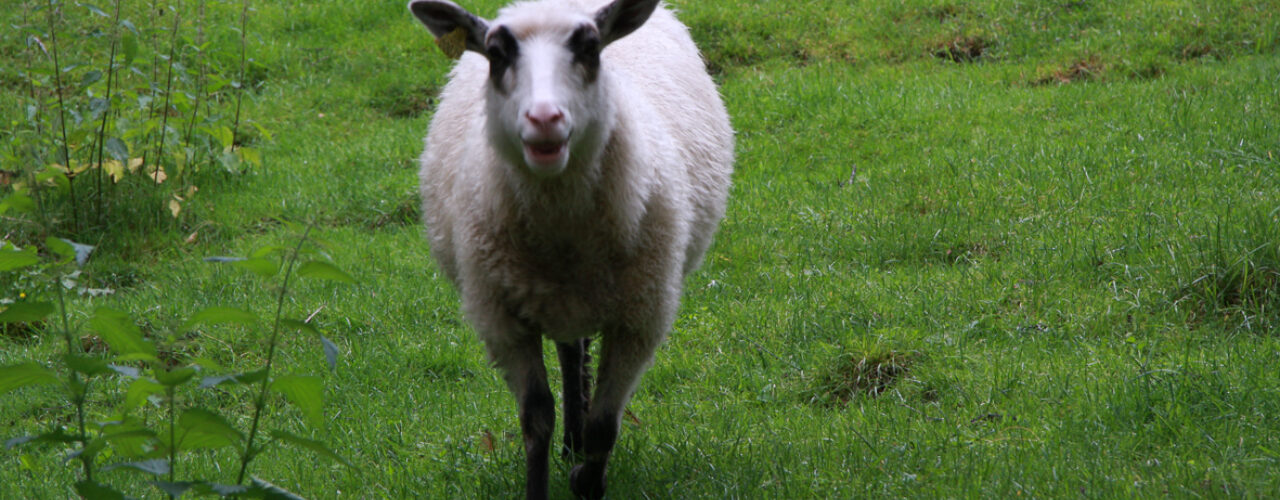
Improving Economy and Sustainability in Lamb Meat Production through Development of an Economic Advisory Tool: Optimized and Individually Adapted Breed Choice
In organic production, one important part of maintaining a high animal welfare is to choose a robust breed that fits into its environment. Grazing animals face welfare and production challenges; i.e. predators, diseases and accidents. In Norway, loss of sheep on range pastures due to diseases and predators leads to annual economic losses of approximately NOK 100 million and is a severe animal welfare issue. There is a knowledge gap regarding the different sheep breeds and how they perform in areas with various challenges such as predators compared to areas with diseases. A breed that performs well in a predator area may not be equally successful in a disease area. Norwegian White Sheep (NWS), by far the most commonly used breed today, is for example known to than the Norwegian Short Tailed Sheep (Spæl). The aim of the proposed project is to evaluate if there is a difference between and within sheep breeds in how they perform on rangeland pastures with predators or disease challenges. By this, we want to develop an economic advisory tool on which breed is the best choice for each individual farmer and the specific production conditions. Moreover, we want to investigate if genetic selection a more beneficial behaviour in confrontation with predators. The challenges in pasture based productions must be addressed to ensure a sustainable grazing production in Mid-Norway. The importance of choosing animals that cope well in the environment that we provide is of great importance, both when it comes to ethics and production.
